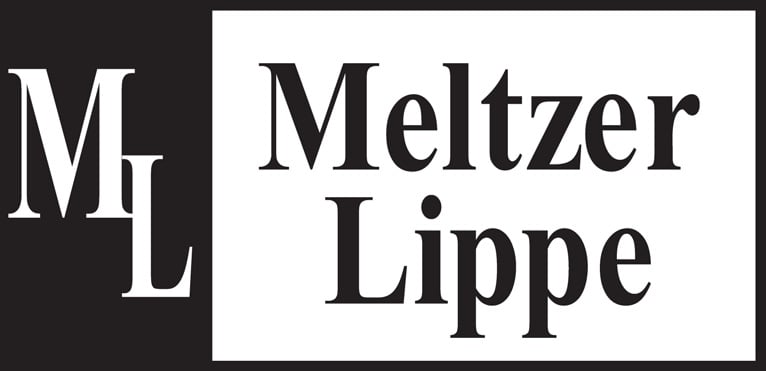Meltzer, Lippe, Goldstein & Breitstone, LLP is pleased to announce that David A. Bamdad, Partner and Chair of the firm’s Trust & Estate Litigation practice group has been named to Long Island Business News’ 40 Under 40 list. Since 1998, Long Island Business News has been honoring future leaders of Long Island under 40 years old who have already begun to distinguish themselves in business, government, education and the not-for-profit sector.
As long as he can remember, David envisioned a career in law. That was a-okay with his large and loving Persian Jewish family, who encouraged and applauded his every accomplishment. Law intrigued him and suited him, given his pressing need to understand the rationale behind every decision or plan, or why one plan or strategy was better than another. Until he was satisfied by an explanation or negotiated a change of plans, David would thoroughly discuss and dissect the various points before moving forward. “I can be convinced,” he explains, “but I need to hear why your way is a better way to accomplish a particular goal.”
David joined Meltzer Lippe in 2015 from a New York City firm where he regularly counseled and represented clients including the Public Administrators of New York and Kings counties in all phases of estate administration, estate litigation and related tax matters. Seeing great promise in David, Meltzer Lippe recruited him into its nationally recognized Trust and Estate practice to develop and provide greater litigation support to its attorneys and clients in this growing field.
In his practice, David regularly counsels fiduciaries, beneficiaries and distributees in contested and uncontested probate and administration proceedings, contested estate and trust accounting proceedings, fiduciary removal proceedings, trust construction matters, discovery and turnover proceedings, and other trust and estate related matters before the Surrogate’s Court and other trial and appellate courts. David is also regularly appointed by Surrogates as a Guardian ad Litem to represent individuals who cannot protect their own rights and interests, and lectures on topics related to trusts and estates litigation.
Three years after he joined the firm, and just eight years out of law school, David was promoted to Partner and Chair of the Trust and Estate Litigation Group. In this leadership role, David has grown the Group from one partner and one associate to a group of five full time litigators and three part time litigators. He’s also grown the group’s reputation with precedent-setting results.
In the last few years David and Mary O’Reilly, who is a Partner and Co-Chair of the firm’s Trusts & Estates Practice Group, have made two cases of first impression, setting new precedents in Trusts & Estates law in New York. A case of first impression refers to a legal case in which the judge must make a decision about a question of law that has not been previously addressed by any court in the state.
In one matter, the New York County Surrogate’s Court found the distribution (“decanting”) of a $10 million life insurance policy from one trust to another trust, which eliminated certain beneficiaries of the original trust, was a valid exercise of the trustee’s discretionary power to distribute principal under the trust instrument. This is the first reported New York case authorizing a so-called decanting that did not comply with the procedure prescribed by the statute.
In the other matter, David and Mary successfully represented a decedent’s child who was seeking the construction of the no contest clause in a revocable trust. Typically, in a will contest, aggrieved beneficiaries can engage in certain discovery without triggering a no contest clause, which would completely disinherit a person who formally contests a will. However, the applicable statute only provides for such “safe harbor discovery” when the no contest clause is contained in a will–there is no applicable statute concerning no contest clauses in trusts. In this case, a stepparent intended to trigger the no contest clause in the trust against her stepchild for engaging in safe harbor discovery in a will contest. The court agreed with the stepchild and held that the stepparent could not trigger the no contest clause even though the statute did not expressly apply to trusts.
